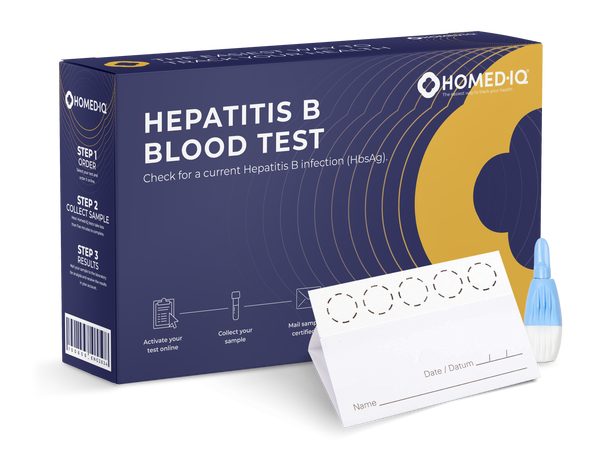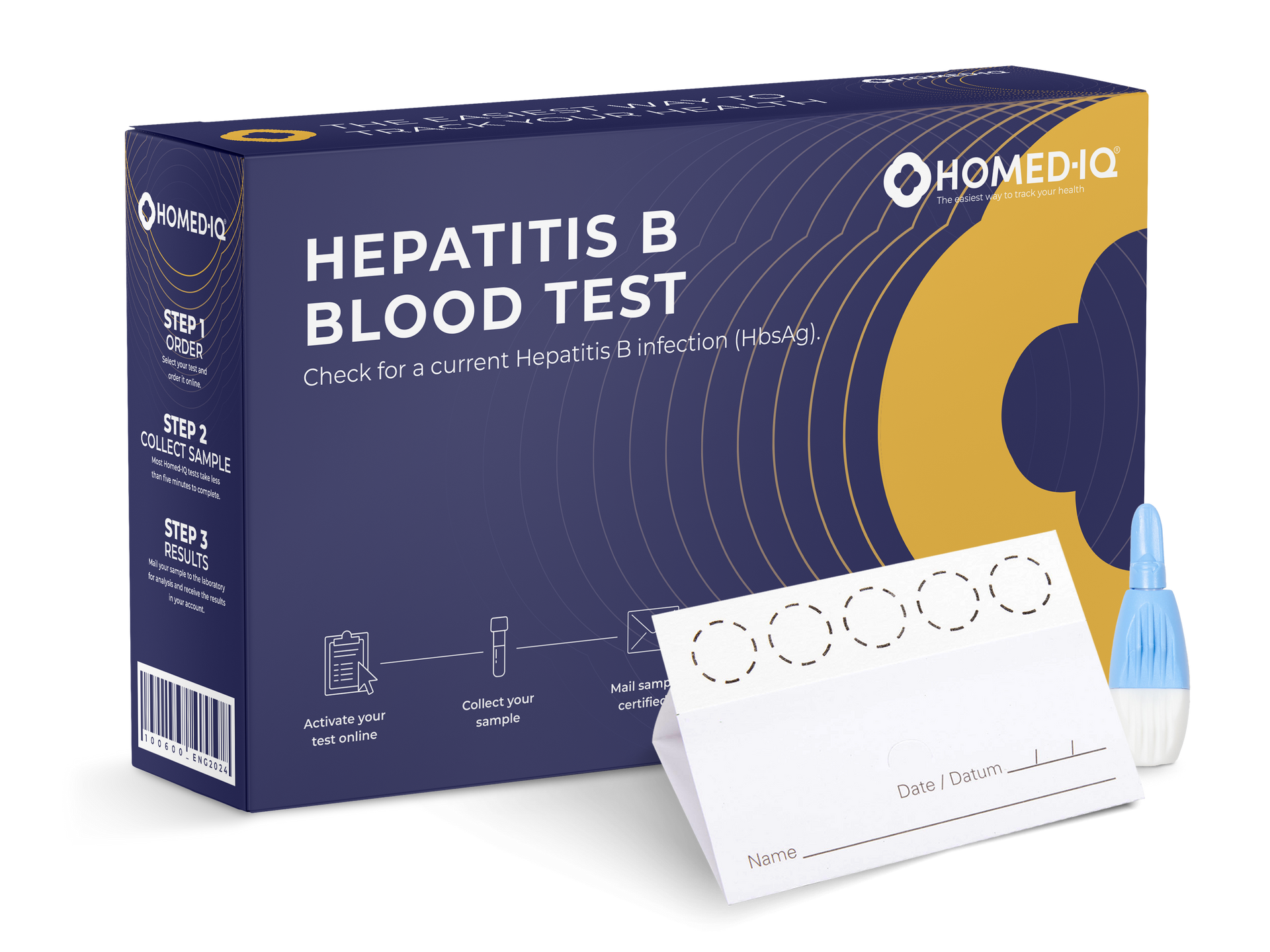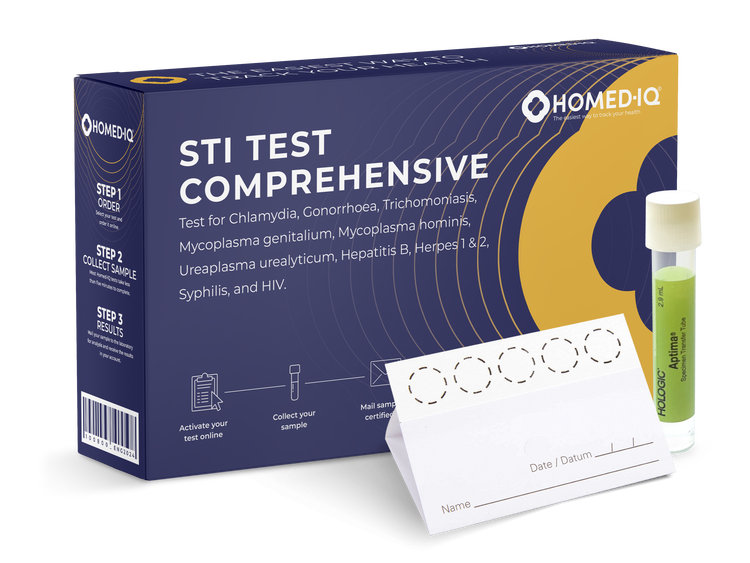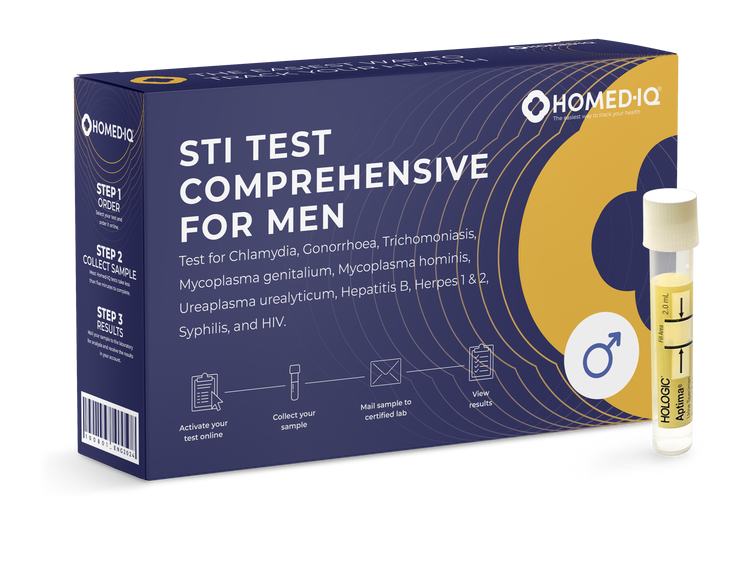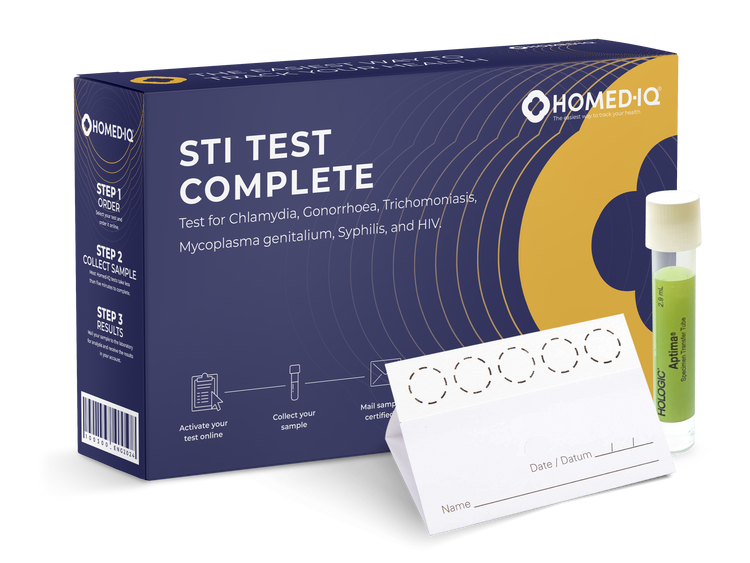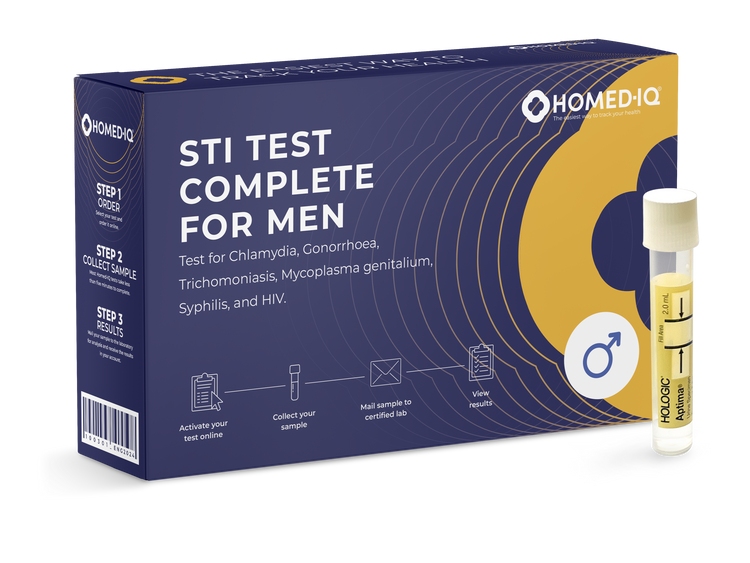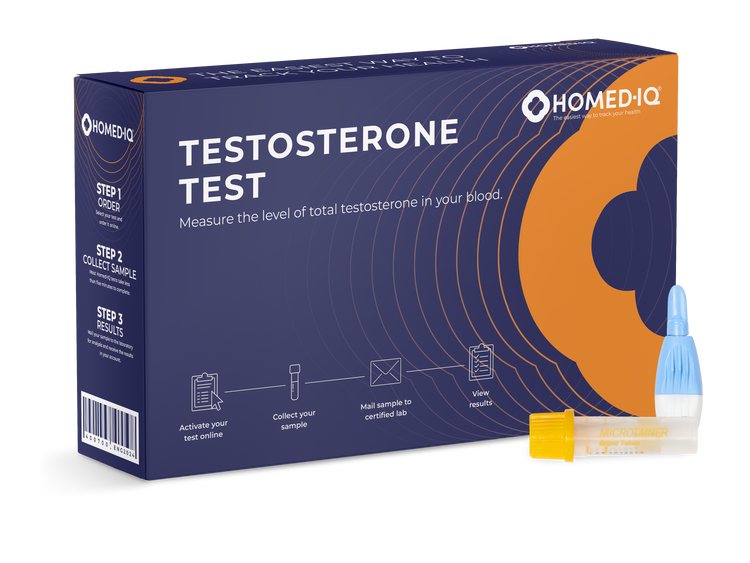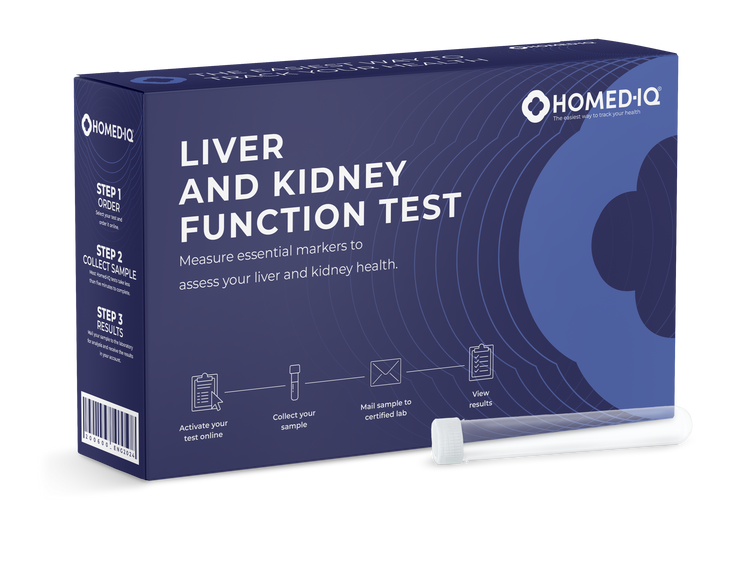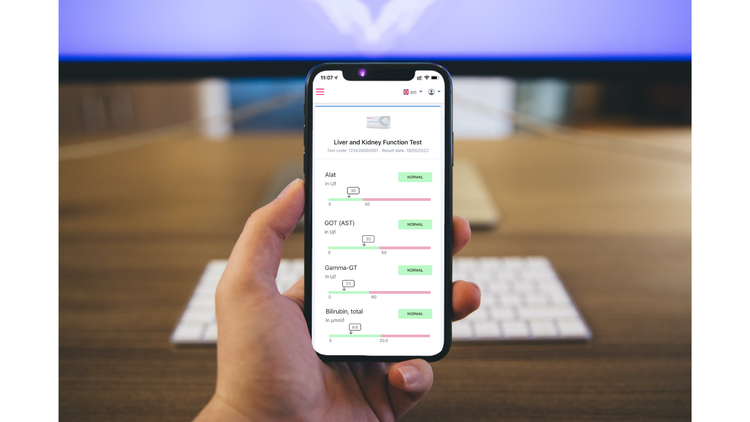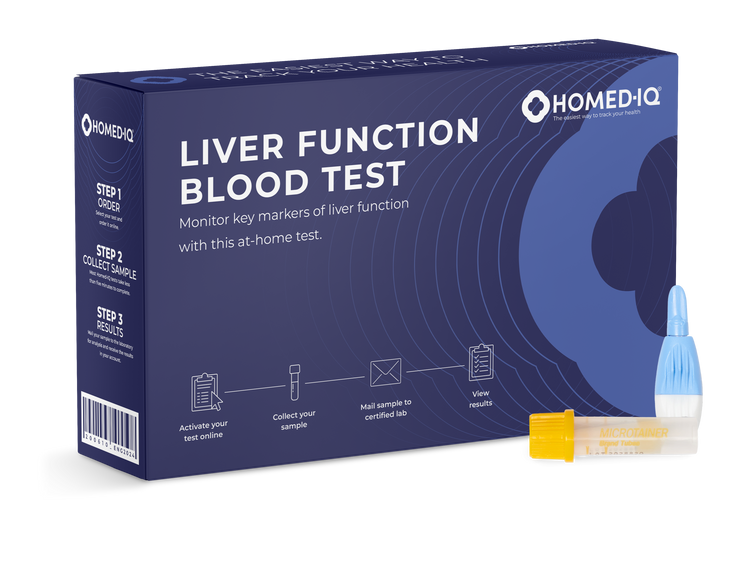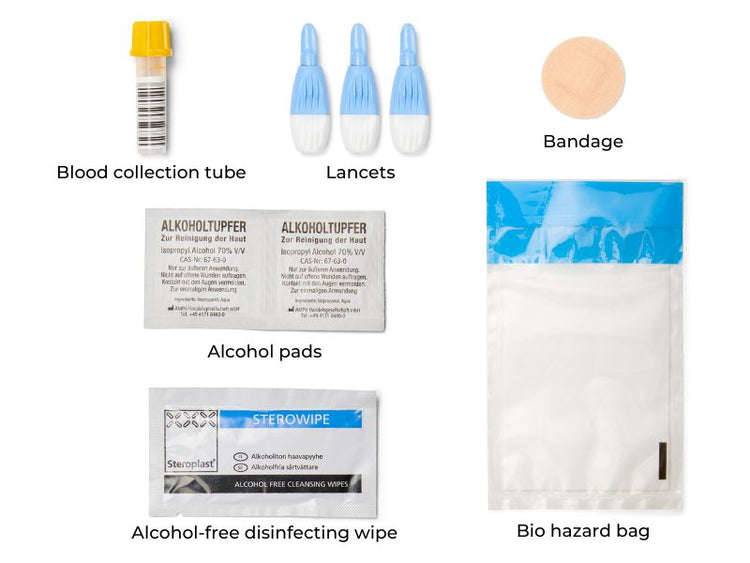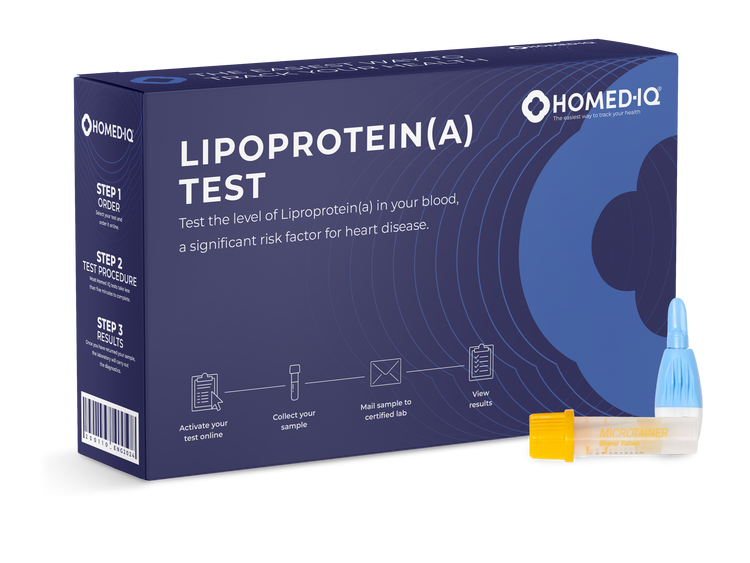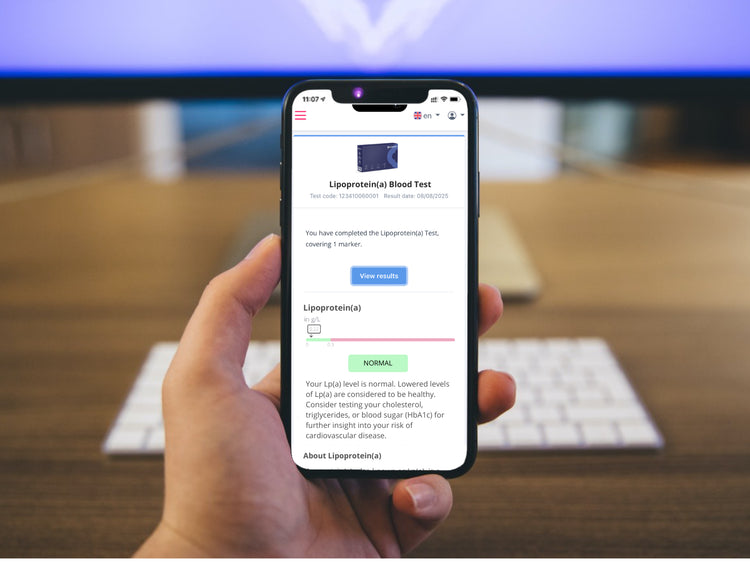Hepatitis B Blood Test
FREE SHIPPING
Hepatitis B is a contagious liver infection caused by the hepatitis B virus. It can be transmitted through sexual contact or contact with infected blood. If you have had unprotected sex or contact with blood and suspect you may have hepatitis B, it is wise to test yourself so appropriate treatment can be initiated and the spread of the virus can be minimized. This fingerprick test can be performed from home and provides laboratory-certified test results in days.
Test mode: Finger-prick
Window Period:
The window period is the time between when you were infected with an STI and when it is detectable with a test. See the ‘About this test’ section or the blog ‘When can you be tested for STIs?‘ for more information about when you can reliably test for each STI.
FAQs
How do you get infected with hepatitis B?
What percent of the population has hepatitis B?
What can you do to prevent hepatitis B?
Which people are at increased risk of hepatitis B?
What happens if you don't treat hepatitis B?
What is the danger of hepatitis B?
Is Hepatitis B deadly?
Can you live with hepatitis B?
How can you cure hepatitis B?
Can I also test myself for other STDs with this hepatitis B test?
Will my health insurer reimburse this test?
How does it work?
-
![Woman in professional cozy kitchen with Homed-IQ test kit]() 1
1Order your test
Fast and discrete letterbox delivery
-
![]() 2
2Activate & take your sample
Video instructions included
-
![]() 3
3Laboratory analysis
ISO - Certified lab network
-
![]() 4
4Receive your results
Easy access through mobile
